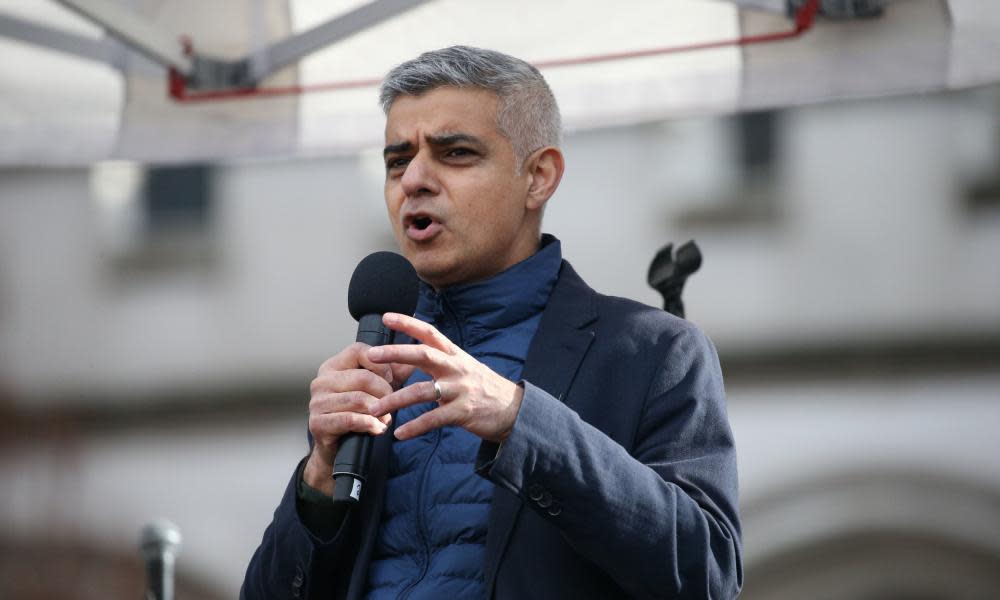Local elections and London mayoral race postponed for a year

Local elections and the London mayoral election have been postponed for a year to deal with the coronavirus outbreak. The government made the decision to push back the 7 May elections after the Electoral Commission said the health crisis would have an impact on campaigning and voting.
“We will bring forward legislation to postpone local, mayoral and police and crime commissioner elections until May next year,” a government spokesman said.
England was scheduled to hold 309 local elections and 40 elections for police and crime commissioners. Four of those PCC positions also have responsibility for their local fire services.
The mayor of London, Sadiq Khan, who was due to run for his second four-year term, said: “I will continue to work with the government and experts to help London manage coronavirus over the weeks and months ahead. I will always do everything in my power to stand up for London.”
Challengers for the London race include Shaun Bailey for the Tories, the Liberal Democrat Siobhan Benita, the Green candidate, Siân Berry, and the former Tory cabinet minister Rory Stewart, who had all ramped up their campaigns in recent weeks.
The Electoral Commission said: “Clearly, any decisions to delay elections which are due is significant and would not normally be desirable. However, we are in unprecedented times.”
The World Health Organization is recommending that people take simple precautions to reduce exposure to and transmission of the coronavirus, for which there is no specific cure or vaccine.
The UN agency advises people to:
Frequently wash their hands with an alcohol-based hand rub or warm water and soap
Cover their mouth and nose with a flexed elbow or tissue when sneezing or coughing
Avoid close contact with anyone who has a fever or cough
Seek early medical help if they have a fever, cough and difficulty breathing, and share their travel history with healthcare providers
Avoid direct, unprotected contact with live animals and surfaces in contact with animals when visiting live markets in affected areas
Avoid eating raw or undercooked animal products and exercise care when handling raw meat, milk or animal organs to avoid cross-contamination with uncooked foods.
Despite a surge in sales of face masks in the aftermath of the coronavirus outbreak, experts are divided over whether they can prevent transmission and infection. There is some evidence to suggest that masks can help prevent hand-to-mouth transmissions, given the large number of times people touch their faces. The consensus appears to be that wearing a mask can limit – but not eliminate – the risks, provided it is used correctly.
The Lib Dems nationally challenged the decision to hold elections in 2021 instead of the autumn, as had been suggested by the Electoral Commission.
Ed Davey, the party’s acting leader, said: “It is the right decision to delay local elections, but it is not clear why the government has decided to delay for a year rather than until autumn as the Electoral Commission advised.”
Jonathan Carr-West, the chief executive of the Local Government Information Unit, welcomed the announcement but said it raised issues that local authorities would need more guidance on.
Such issues include what happens to councillors who were due to stand down and to local authorities due to elect councillors for the first time, such as the new Northamptonshire council.
He said: “We need elections, but they have to run flawlessly and electoral services in councils across this country have a fantastic record of making that happen. If we can’t guarantee that elections can be delivered securely, safely and accurately, it’s better to postpone, and decisive action was needed earlier rather than later.”

 Yahoo News
Yahoo News 
